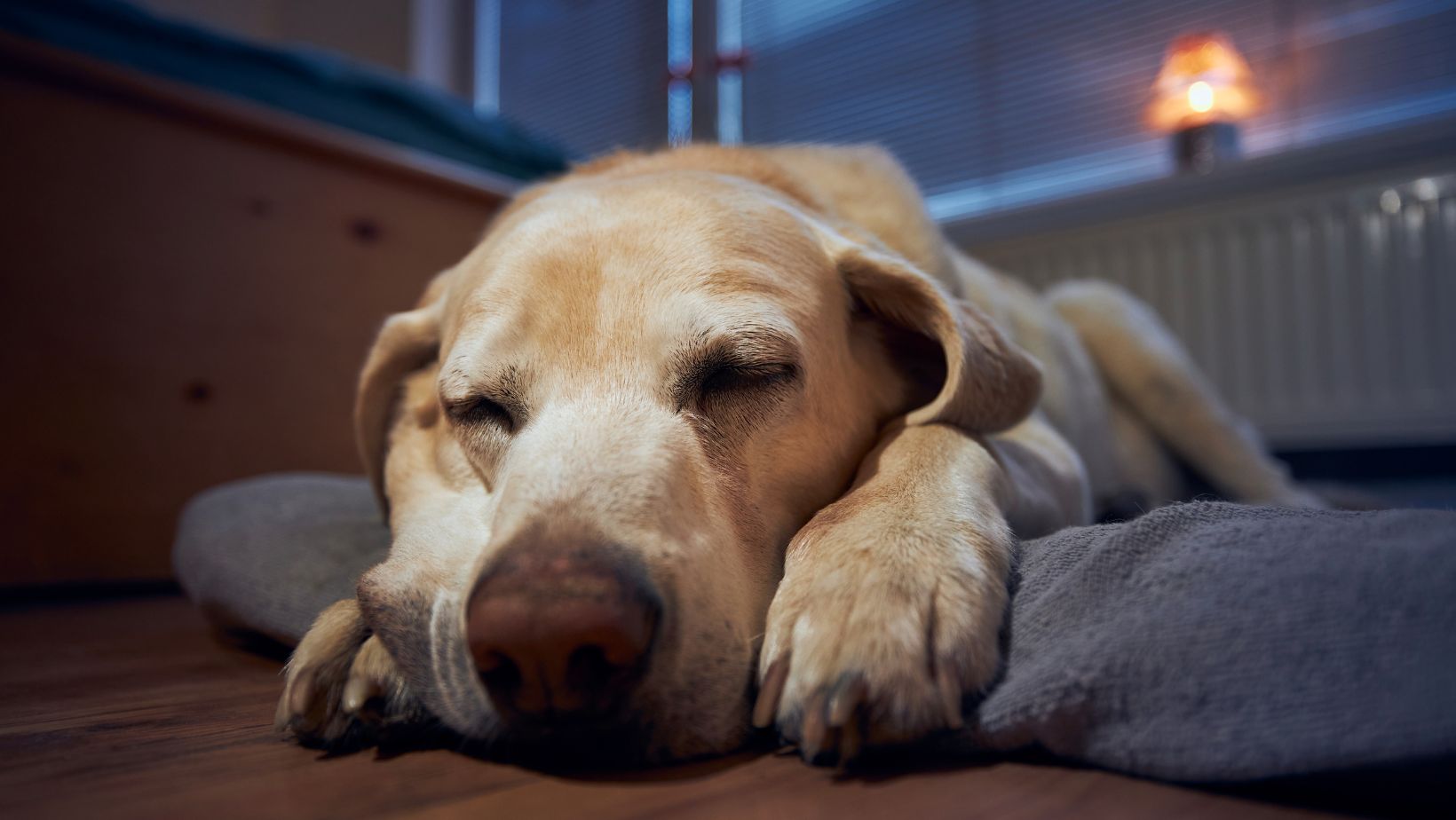How to Stop Grown Dogs from Peeing in the House
Are you tired of dealing with your grown Labrador peeing in the house? It can be frustrating and disheartening to constantly clean up after them. But fear not, because I’m here to provide you with some tips on how to stop this behaviour.
Firstly, it’s important to understand that there could be various reasons why your Labrador is peeing indoors. It could be due to a medical issue such as a urinary tract infection or bladder stones. If you suspect this might be the case, it’s crucial to consult with your veterinarian for proper diagnosis and treatment.
Assuming that medical issues have been ruled out, let’s focus on addressing the behavioural aspect. One common reason for indoor urination is insufficient potty training. Even if your Labrador was previously well-trained, they may need a refresher course or additional reinforcement. Make sure to establish a consistent routine for bathroom breaks and reward them with praise or treats when they go outside.
Another factor to consider is anxiety or stress. Changes in their environment, such as moving houses or the addition of new family members, can trigger anxious behaviours like inappropriate urination. Creating a calm and secure space for your Labrador, providing plenty of exercise and mental stimulation, and using positive reinforcement techniques can help alleviate their anxiety.
In conclusion, stopping grown dogs from peeing in the house requires patience and understanding. By addressing any underlying medical issues and implementing effective potty training techniques while considering their emotional well-being, you’ll be well on your way to a cleaner home and happier Labrador.
Understanding the Reasons Behind Grown Dogs Peeing in the House
Behavioural Factors Contributing to Indoor Urination in Grown Dogs
While medical issues should always be ruled out first, sometimes behavioural factors play a significant role in grown dogs peeing indoors. Here are some potential reasons behind this behaviour:
- Incomplete Housetraining: It’s possible that your dog never received proper house training as a puppy or didn’t fully grasp the concept due to inconsistent training methods or lack of reinforcement. Without clear guidance, dogs may continue to have accidents in the house.
- Anxiety or Stress: Dogs can experience anxiety and stress for various reasons, such as changes in their environment, separation anxiety, or fear of loud noises. These emotional states can trigger indoor urination as a coping mechanism.
- Marking Territory: Unneutered male dogs may mark their territory by urinating indoors. This behaviour is driven by instinct and hormonal factors.
- Lack of Routine and Structure: Dogs thrive on routine and structure. If they don’t have consistent schedules for feeding, exercise, and bathroom breaks, they may struggle with holding their bladder indoors.
Effective Training Techniques for Preventing House Accidents
To address grown dogs peeing in the house, proactive training techniques are essential:
- Positive Reinforcement: Use positive reinforcement techniques like treats, praise, and rewards to encourage desired behaviours such as going outside to eliminate.
- Consistent Housetraining: Establish a regular house training routine that includes frequent bathroom breaks outside. Take your dog out after meals, naps, playtime sessions, and before bedtime.
- Crate Training: Utilise crate training as a helpful tool to prevent accidents when you cannot supervise your dog closely or at night when sleeping.
- Behavioral Modification Techniques: Consult with a professional dog trainer or behaviourist who can provide guidance on addressing specific behavioural issues contributing to indoor urination.
Remember that patience and consistency are key when it comes to retraining an adult dog’s bathroom habits. With proper medical care (if necessary) and effective training methods tailored to your Labrador’s needs, you can successfully overcome this challenge together.
